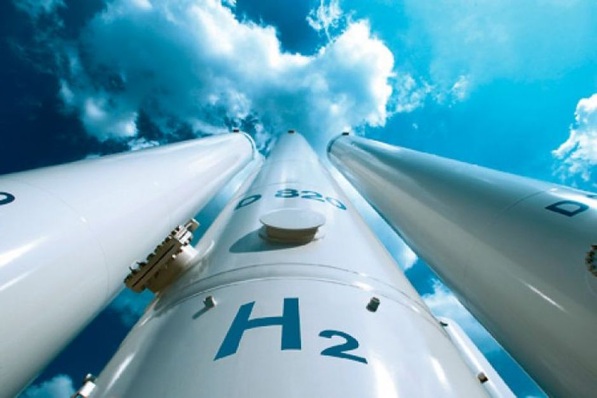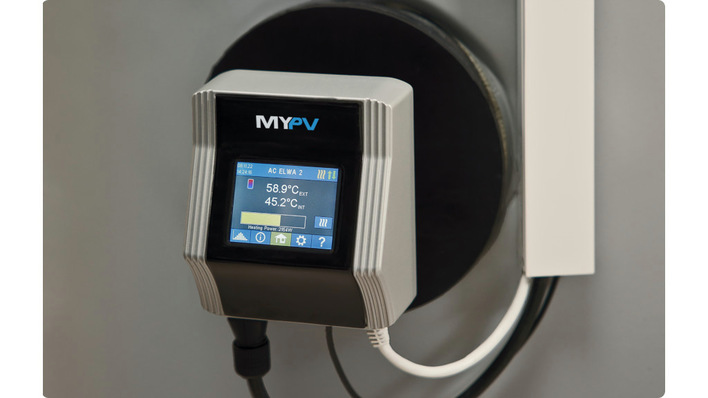The steel industry is one of the highest CO2-emitting industries, accounting for 7 per cent of CO2- emissions globally and 10 per cent in Sweden. A growing global population and an expanding urbanisation are expected to trigger a rise in global steel demand. The carbon footprint of the steel industry is thus a challenge for Europe and the rest of the world. Therefore SSAB, LKAB, and Vattenfall, joined forces to create HYBRIT, an initiative with the aim to develop the world’s first fossil free ore-based steelmaking technology.
In June 2018 a unique pilot plant was started to be built in Luleå, in the north of Sweden. The 4.5MW alkaline electrolyser solution from Nel Hydrogen, will be part of this pilot. The pilot plant for fossil free steel production will operate in Luleå, Sweden, from 2021 until 2024, then the project enters a demonstration phase with the goal to have an industrial process in place by 2035.
“We believe that HYBRIT can play a significant role to reach a fossil-free future. This order is an important step in our aim to develop a fossil free iron and steel production process. The electrolyser will be part of the pilot plant that we are building in Luleå right now. To ensure that we will reach our aims we need a high-quality and reliable hydrogen production plant, which is why we choose Nel”, says Martin Pei, Chairman at Hybrit Development and Executive Vice President and Chief Technical Officer at SSAB.
Another important step to clean steel
“Fossil free steel has tremendous potential. To help the iron and steel industry on the way to this transition is one of the most important actions that we need to take to be sure that we will reduce the carbon dioxide emissions. This is also about keeping and developing the Swedish mining and steel industry, in a world-leading position. This is another important step on our journey”, says Andreas Regnell, Senior Vice President of Strategic Development, Vattenfall.
“Being chosen to supply electrolysers to the first phase of the HYBRIT project is a true honour. It's encouraging to see the partners behind HYBRIT leading the way in the effort to decarbonise the steel industry; one of the most CO2-intensive industries globally today. In this important benchmark project, the HYBRIT-partners are determined to change the reliance on coal and move to a renewable, fossil free future”, says Henning Langås, Sales Director Alkaline Electrolysers.
Water instead of carbon dioxide
In the current ore-based steelmaking process, iron ore pellets are converted to metallic iron by reduction in a blast furnace. The iron oxide and the carbon react to form CO2 gas, as well as metallic iron. The iron is further processed before a semi-finished steel product is produced. The HYBRIT process is based on direct reduction of iron ore using fossil free energy and hydrogen gas (H2). Hydrogen gas is produced by electrolysis of water using fossil-free electricity. The hydrogen reacts with the oxygen in the iron ore to form metallic iron and H2O (water vapour).
“I am grateful to see how one more puzzle piece now will come into place. The production of the hydrogen gas is of great importance for the development of this new process and therefore this contract was a valuable contribution in the process ahead”, says Markus Petäjäniemi, director of Technology and Process Development at LKAB. (mfo)
You can now sign up for our upcoming pv Guided Tours at The smarter E Europe (Intersolar Europe, ees Europe, Power2Drive, EM-Power) in Munich in May 2019.
For more articles on power and heat, please click here.
Stay informed, subscribe to our twice-weekly newsletter.
Register here: https://www.pveurope.eu/newsletter







